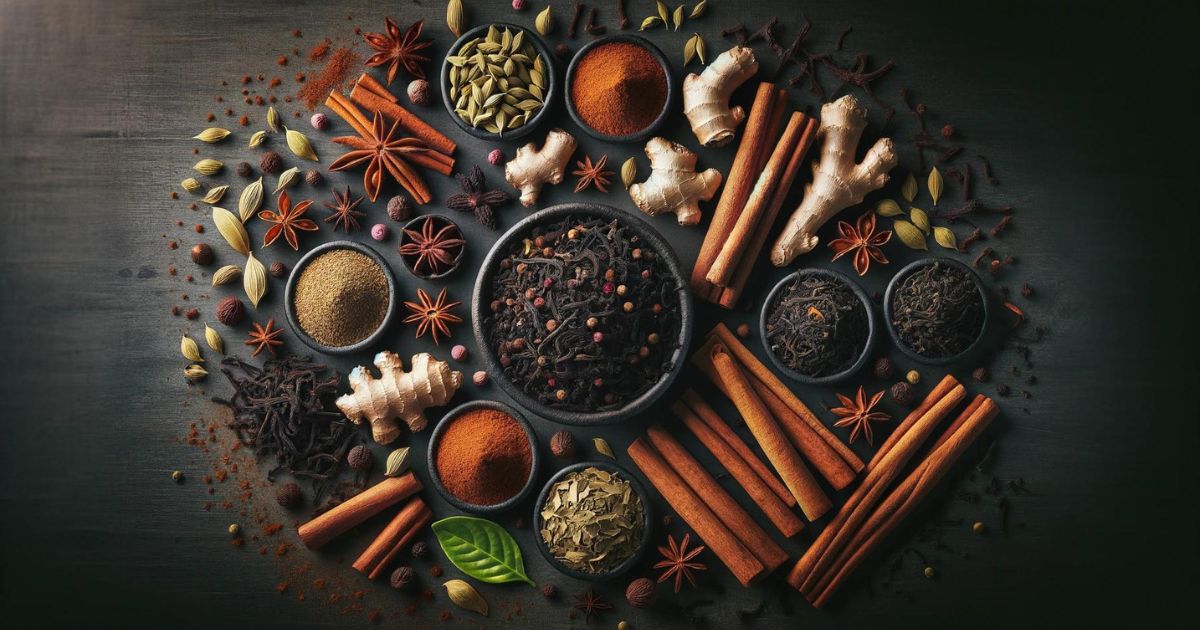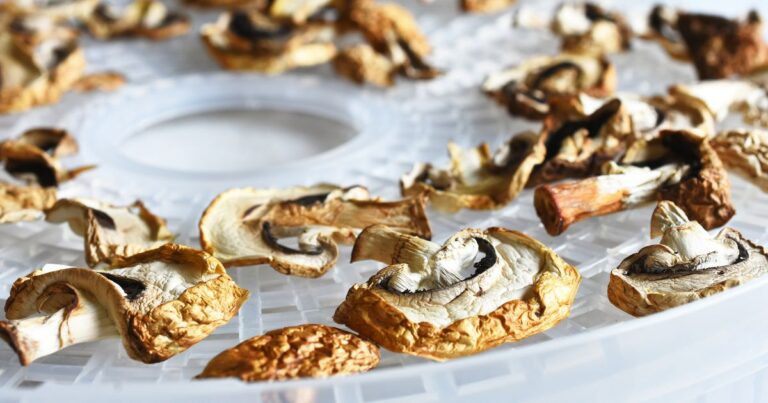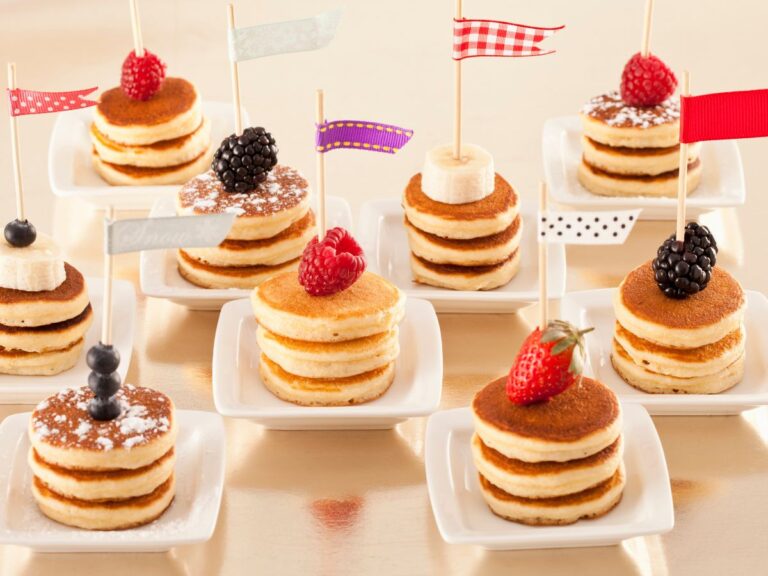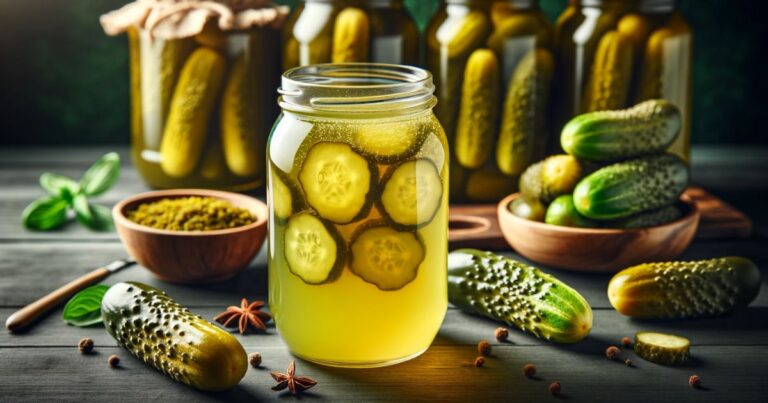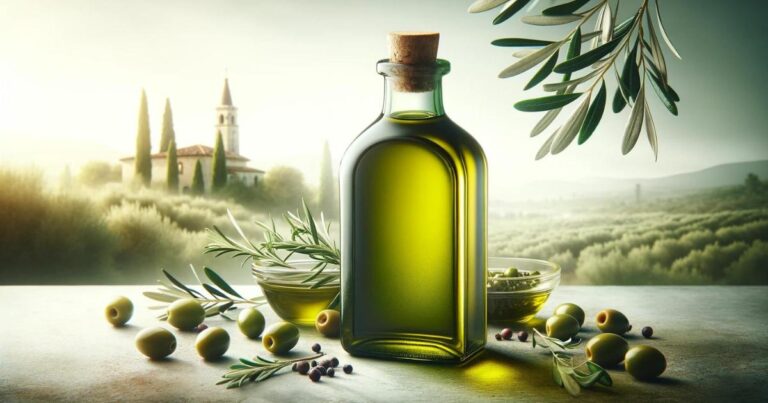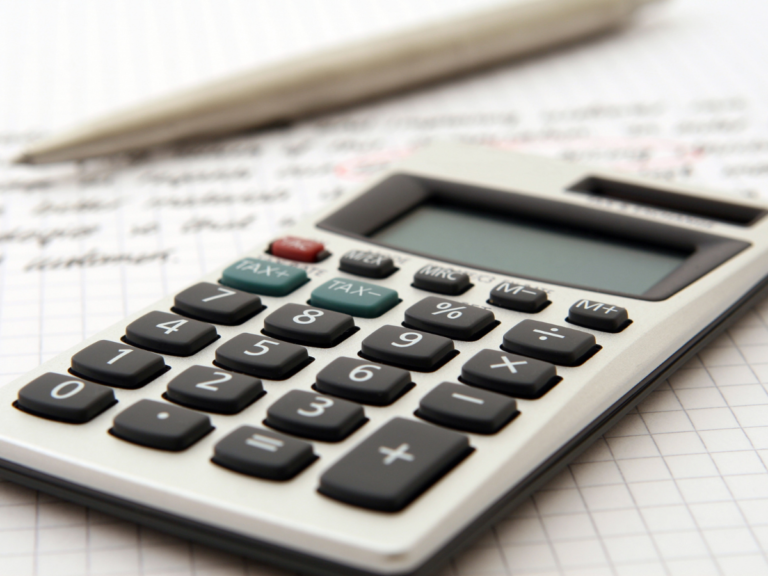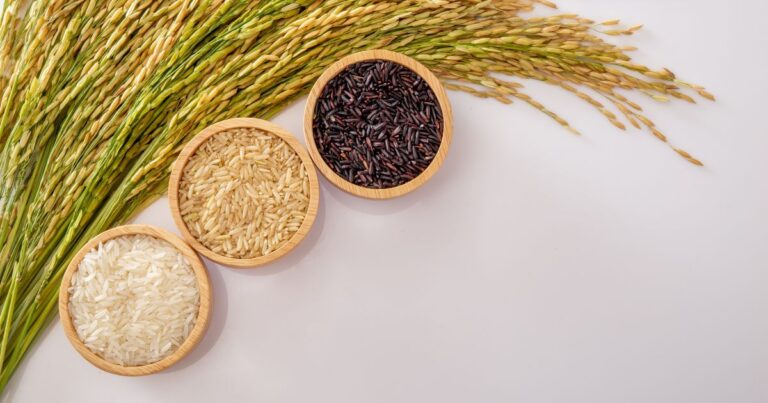How Much Caffeine is In A Chai Latte: Masala Chai Teas and Caffeine Levels
You might be a couple of sips into your Chai Tea Latte when you feel a sudden spark of energy. Whether it’s your first jump into the Chai Tea World or an experienced chai green tea drinker wondering what the exact caffeine content is entering your body, you’ve found yourself in the right place. If Chai has caffeine, how much is in a full cup when drinking my chai tea lattes? Whether you’re a chai tea enthusiast, a chai latte devotee, or simply curious, “Does chai have caffeine?”
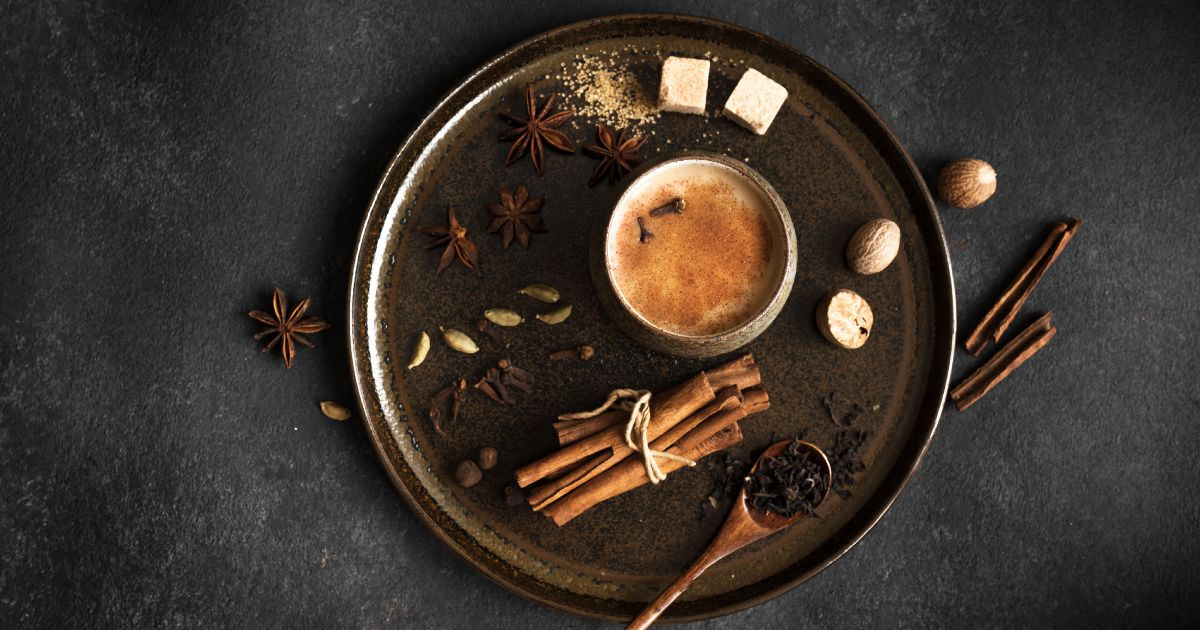
I’ve spent years in the kitchen, whisking together spices and steeping tea leaves, perfecting chai-making until it’s become second nature.
Amidst the spicy chai flavors of cardamom, ginger, and cinnamon, a question often bubbles up to the surface – what about the caffeine? Does Chai Have Caffiene?
It’s a question that’s intrigued me as both a lover of chai and someone mindful of their caffeine intake. As I’ve journeyed through my culinary adventures, I’ve encountered countless myths and misconceptions about chai and its caffeine content.
It’s more than just a drink; it’s a cultural experience, a treasure trove of taste that spans continents. And yet, despite its widespread appeal, there seems to be a bit of a mystery surrounding the caffeine content in this beloved brew.
So, armed with my trusty teapot and a thirst for knowledge, I’ve uncovered the secrets of chai’s caffeine content.
From the bustling streets of Mumbai to the cozy cafes of New York City, I’ve tasted my way through a myriad of chai variations, each one offering its own unique blend of spices and caffeine levels.
Table of Contents
What is Chai?
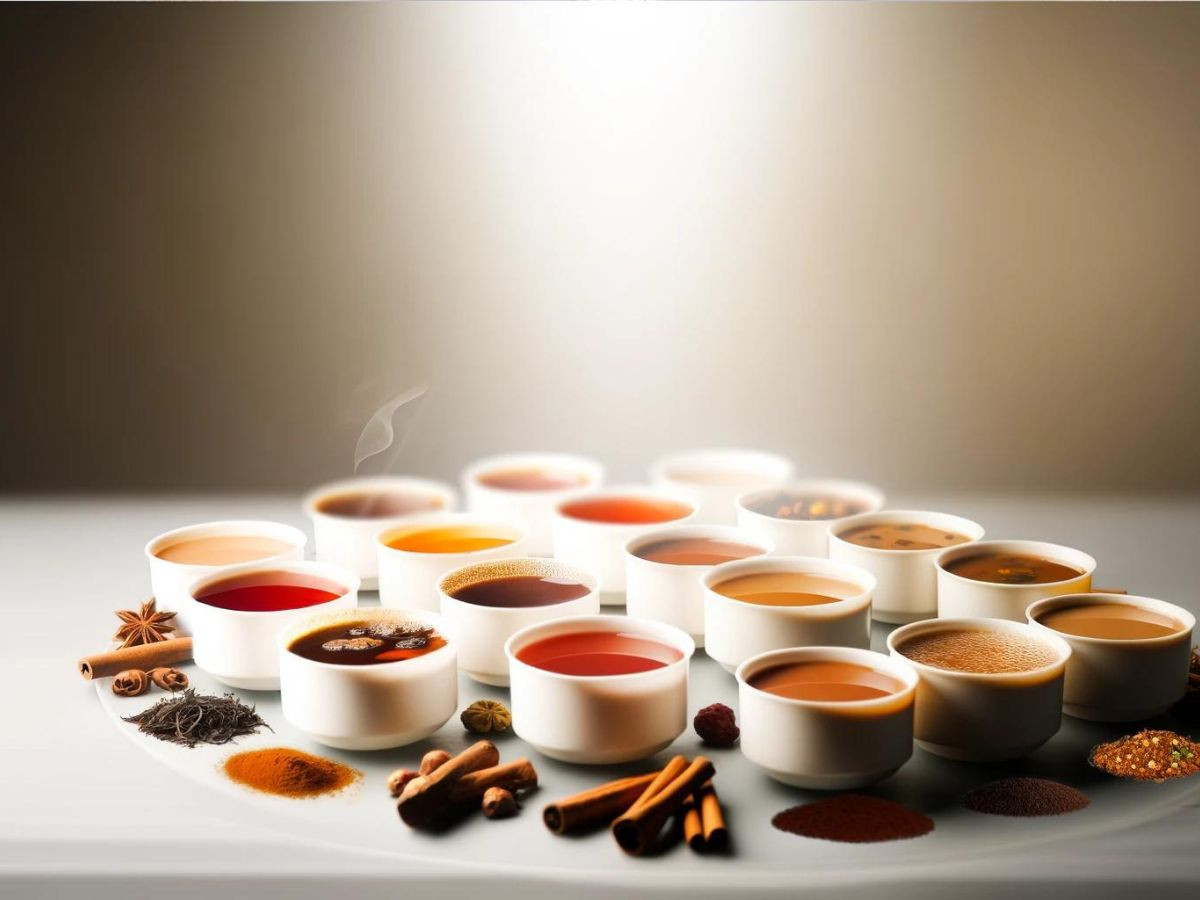
Before we dive into the caffeinated depths of chai and chai teas, let’s take a moment to appreciate what makes chai, well, chai. Originating from the Hindi word for “tea,” chai has come to mean so much more than its simple translation.
It’s a blend of black tea, rich with spices like cardamom, cinnamon, ginger, cloves, and sometimes black pepper, all simmered with milk and a touch of sweetness. This isn’t just your run-of-the-mill morning beverage; it’s a craft, a tradition as varied as the regions it hails from.
So, let’s spill the tea, shall we?
We’ll sift through the spice-laden layers of chai tea and chai latte, shedding light on the caffeine content and how it compares to other popular beverages.
Knowing what’s in your cup can make every sip more informed and enjoyable experience. Plus, who doesn’t love a good excuse to talk about chai?
Does Chai Have Caffeine?
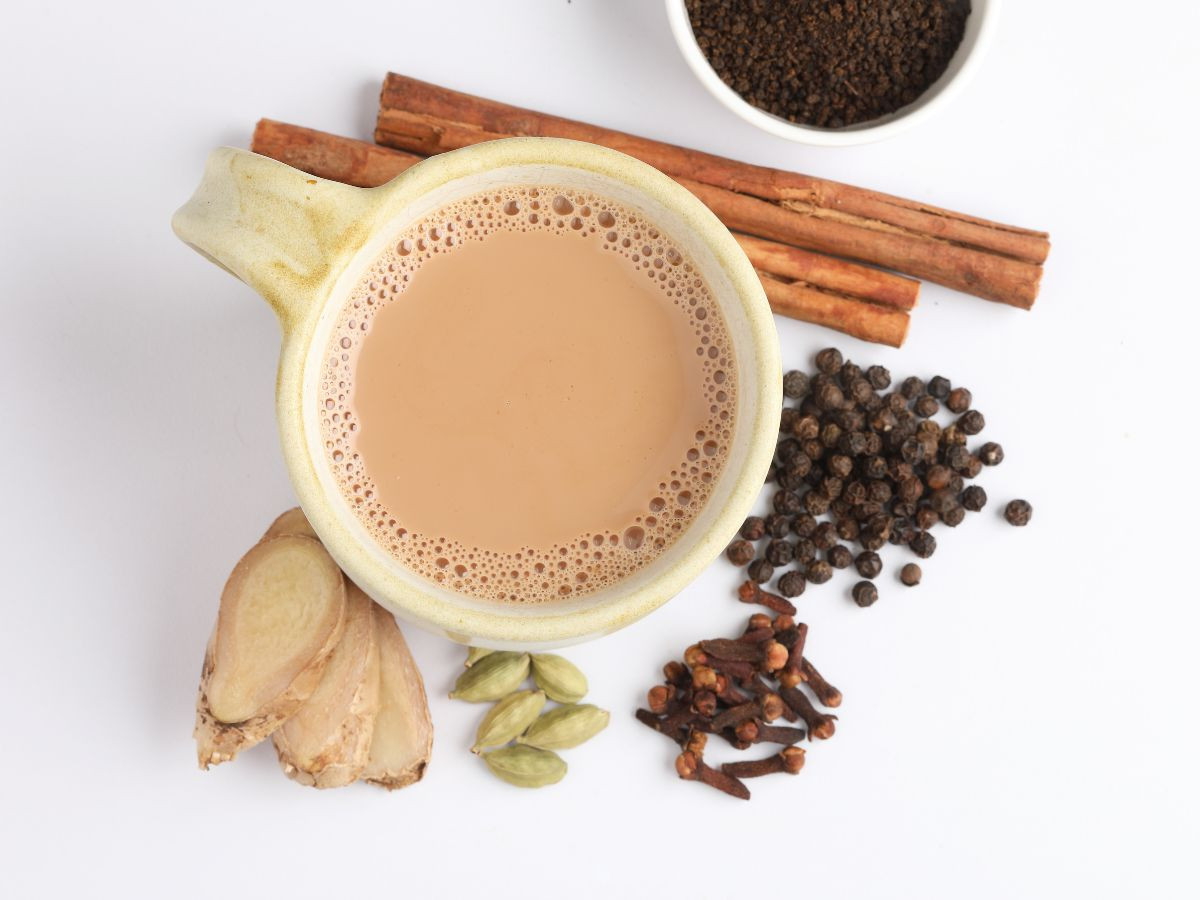
You’ve come to the right place if you have ever questioned your favorite chai latte’s caffeine content or wondered how it compares to your morning cup of coffee.
The amount of caffeine in masala chai can change depending on the type of tea used (usually black tea), the amount of tea leaves, and the brewing time.
A cup of masala chai or rooibos chai typically contains about 25-50 mg of caffeine per 8-ounce serving, roughly half the amount in a cup of brewed coffee.
However, these values are approximate, and caffeine varies based on the specific preparation method and ingredients used.
Caffeine in Chai: The Basics
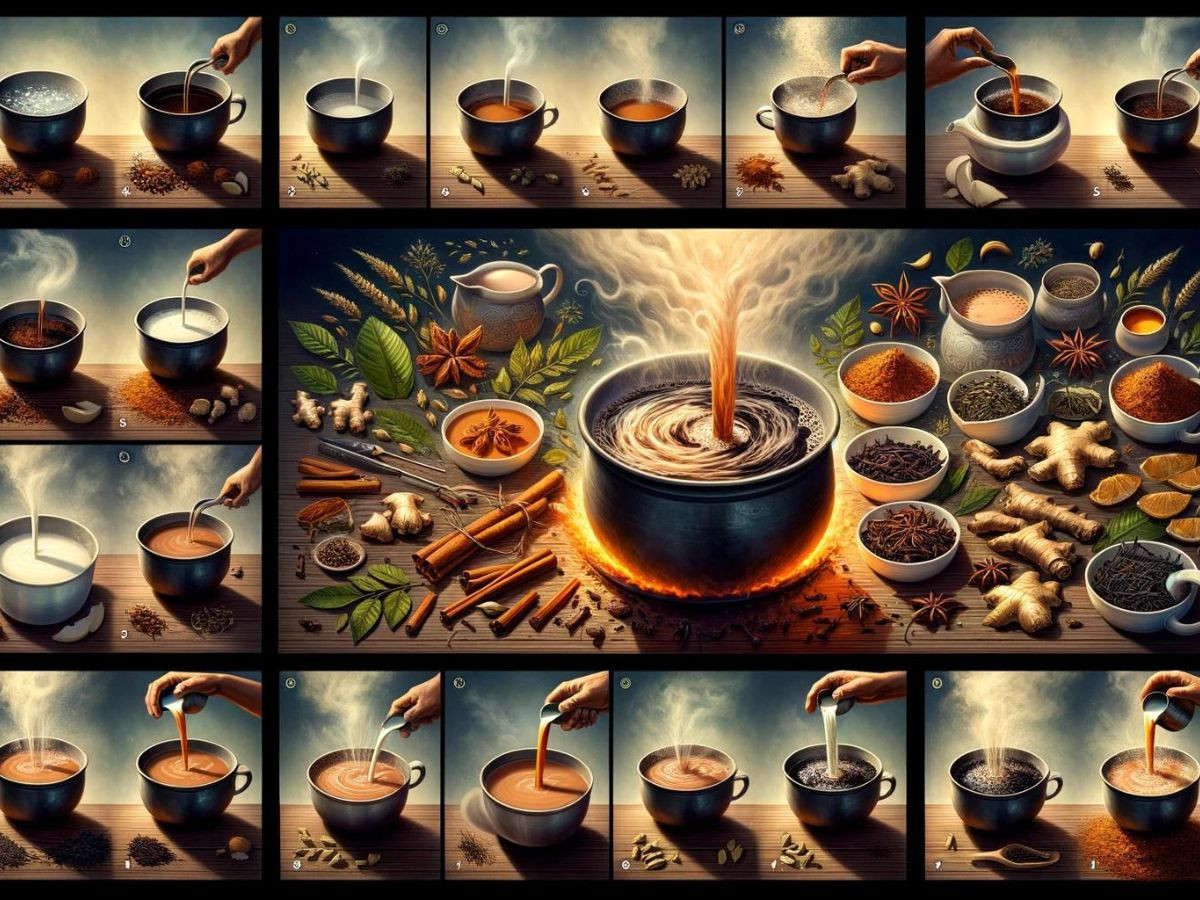
Let’s get right into the main reason you are here, and that answer is: Yes, chai does contain caffeine, courtesy of its black tea base. Black loose-leaf tea leaves are known for their caffeine content, though it’s generally less than what you’d find in a cup of coffee.
The exact amount of caffeine in your chai can vary. It depends on factors like the type of black tea used, how long it’s brewed, and even how much tea is used in the blend.
A standard cup of chai tea can contain anywhere from 20 to 80 mg of caffeine, while a chai latte might have less caffeine due to the higher milk content.
Here’s a quick breakdown:
Black Tea: The foundation of chai, black tea, gives the drink its caffeine kick. The type of black tea (Assam, Darjeeling, etc.) and its steeping time can affect the caffeine content.
Spices: While they’re the soul of the chai, spices like cardamom and cinnamon don’t contribute to the caffeine content. They’re all about flavor and health benefits.
Milk and Sugar: Common additions to chai that don’t add caffeine but can dilute the potency, making a typical chai latte generally have less caffeine per serving than straight chai tea.
Understanding these components gives us a glimpse into the caffeinated world of chai, setting the stage for a deeper dive into the specifics of chai tea and chai latte caffeine content.
Caffeine Content in Chai Tea
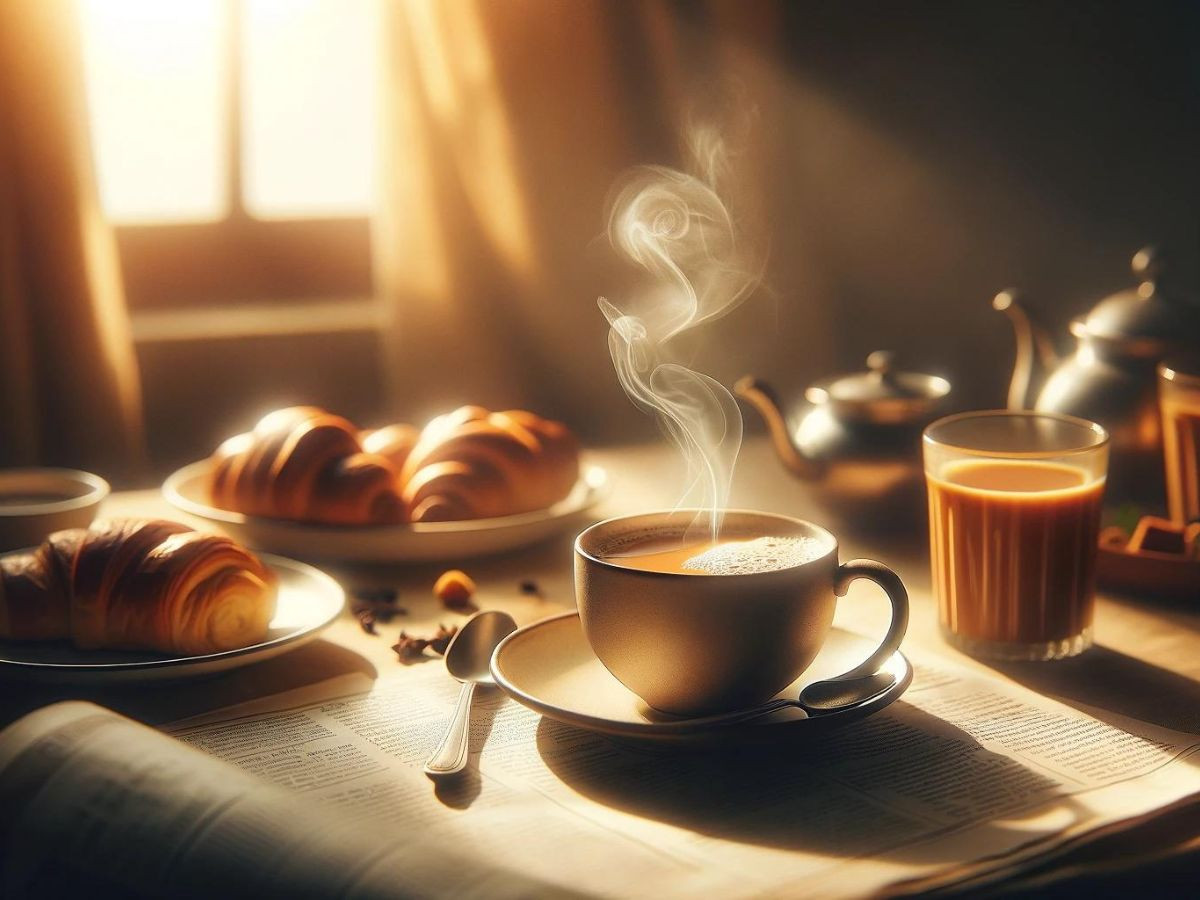
When we talk about chai tea, we’re referring to the traditional blend of black tea and spices brewed with water and milk. Drinking chai tea is the kind of cup that promises warmth and a gentle kick to start your day or push you past that afternoon slump. But how much of this spiced tea “kick” is actually caffeine?
A typical 8 oz cup of chai tea contains about 20 to 80 mg of caffeine. This range is quite broad, and here’s why:
Type of Black Tea: Different types of black teas have varying levels of caffeine. For example, Assam tea, a popular choice for chai due to its robust flavor, typically has a higher caffeine content than masala chai tea.
Brewing Time: The longer you steep your tea, the more caffeine it releases. A quick dunk of the tea bag or a brief steep of loose leaves will result in less caffeine than a long, slow simmer.
Tea to Water Ratio: More tea means more caffeine. If you like your chai tea benefits strong, you’re likely getting a bit more caffeine in every sip.
In comparison to other beverages, chai tea offers a moderate caffeine content. Chai Tea have caffeine levels lower than an average cup of coffee, ranging from 95 to 200 mg of caffeine, but more than a cup of green tea, which usually contains about 15 to 45 mg.
Caffeine Content in Chai Latte
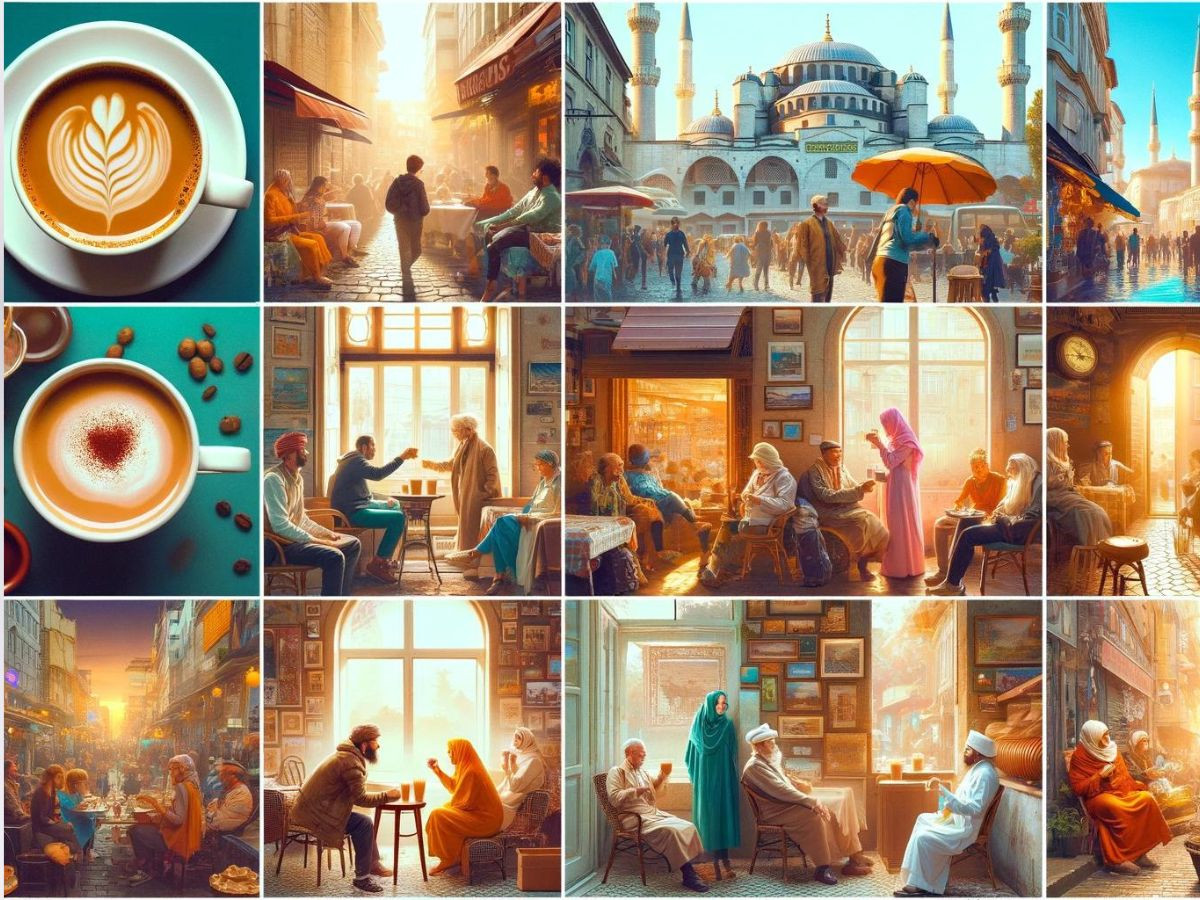
Chai Lattes, a beloved cafe staple, is a slightly different beast. It typically involves a chai concentrate or a more potent chai tea brew mixed with steamed milk. The result? It’s a creamier, sweeter version of the classic with a twist in the caffeine content.
Cafe vs. Homemade: A chai latte from your favorite coffee shop may contain about 70 mg of caffeine for a 12 oz size, mainly because the concentrate used is brewed to be strong. Making a chai latte at home allows you to control the strength of the tea and, consequently, the caffeine content.
Milk Matters: A chai latte’s generous amount dilutes the caffeine concentration. So, while you might drink chai from a larger cup, you get less caffeine per ounce than a straight cup of chai or green tea.
The Takeaway
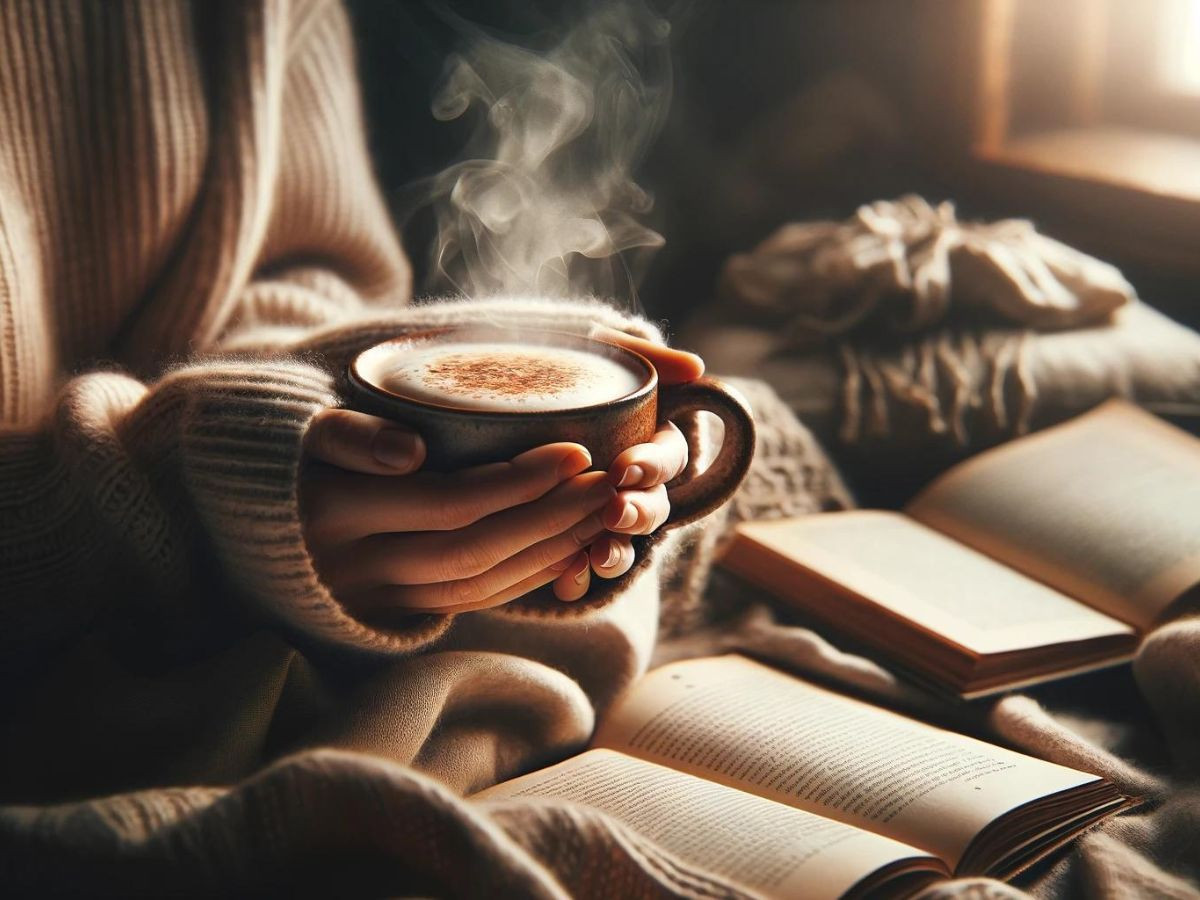
Whether drinking tea or indulging in a creamy chai latte, you’re engaging with a beverage rich in culture and moderate in caffeine. It’s a choice that offers a middle ground, providing a gentle lift without the jitters often associated with stronger caffeinated drinks. And with the ability to adjust the strength of your brew at home, chai becomes a versatile option for any time of day.
Caffeine in Chai vs. Coffee
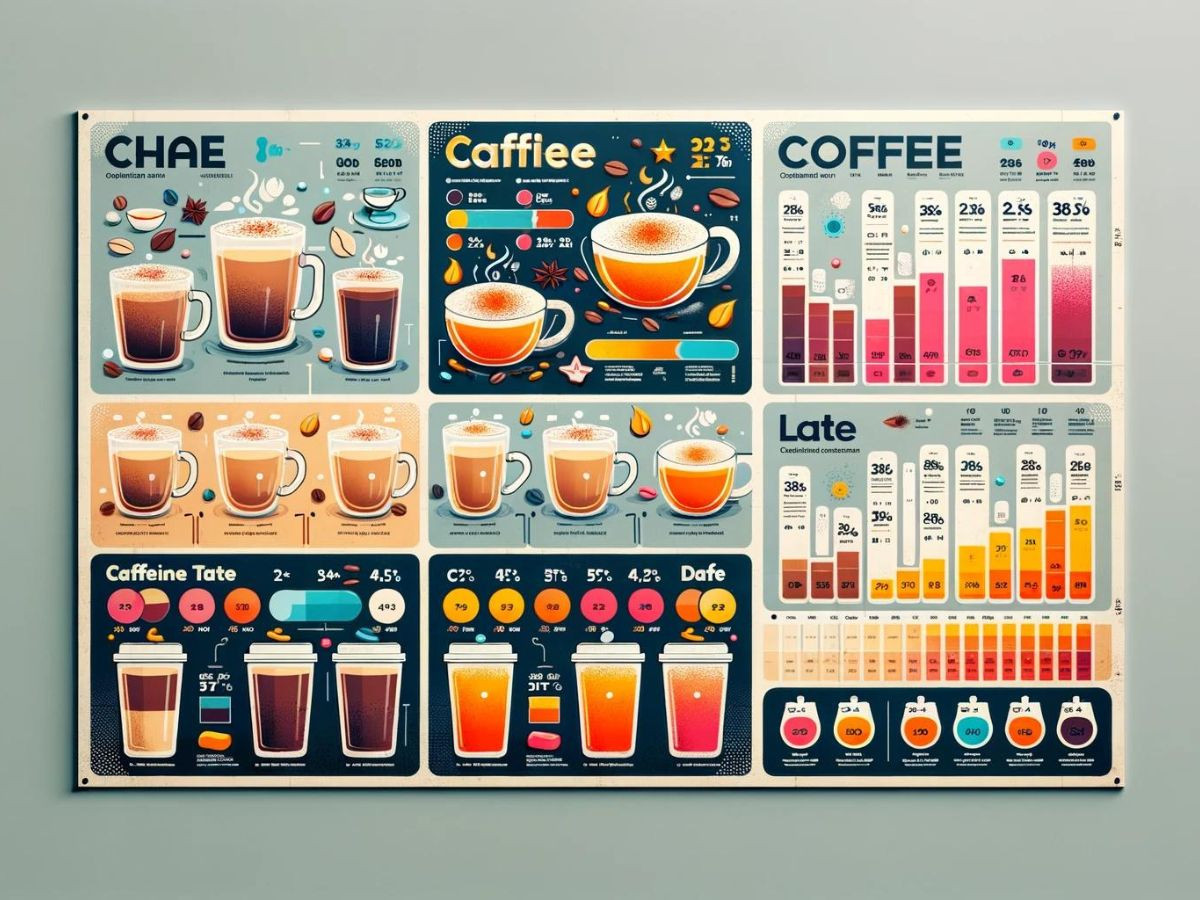
What Makes Chai Tea Good for Others’ Taste Buds Regarding caffeinated drinks, coffee often takes the spotlight with its high caffeine content and robust flavor. But how does our beloved chai compare to this morning’s regular coffee staple?
Understanding the differences in the amount of caffeine can help you make informed choices about your beverage intake, especially if you’re monitoring your caffeine consumption or looking for a gentler alternative.
Caffeine Content Comparison
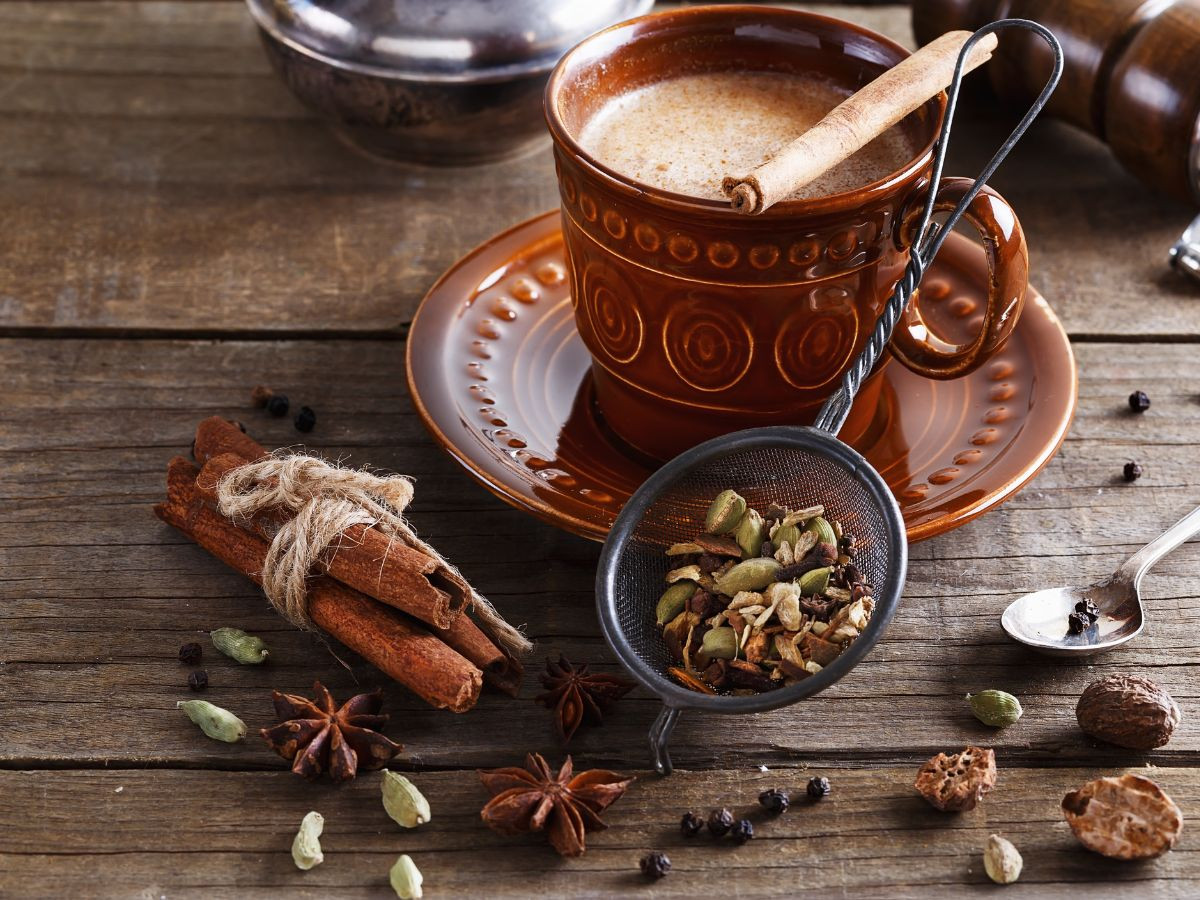
Chai Tea: As mentioned earlier, a standard 8 oz cup of chai tea can contain between 20 and 80 mg of caffeine, depending on factors like the type of tea and brewing time.
Chai Latte: Typically, a 12 oz chai latte from a cafe might offer around 70 mg of caffeine, though this can vary based on how the chai is prepared.
Coffee: A standard 8 oz cup of brewed coffee contains about 95 to 200 mg of caffeine, significantly more than the average chai.
Why Choose Chai Over Coffee?
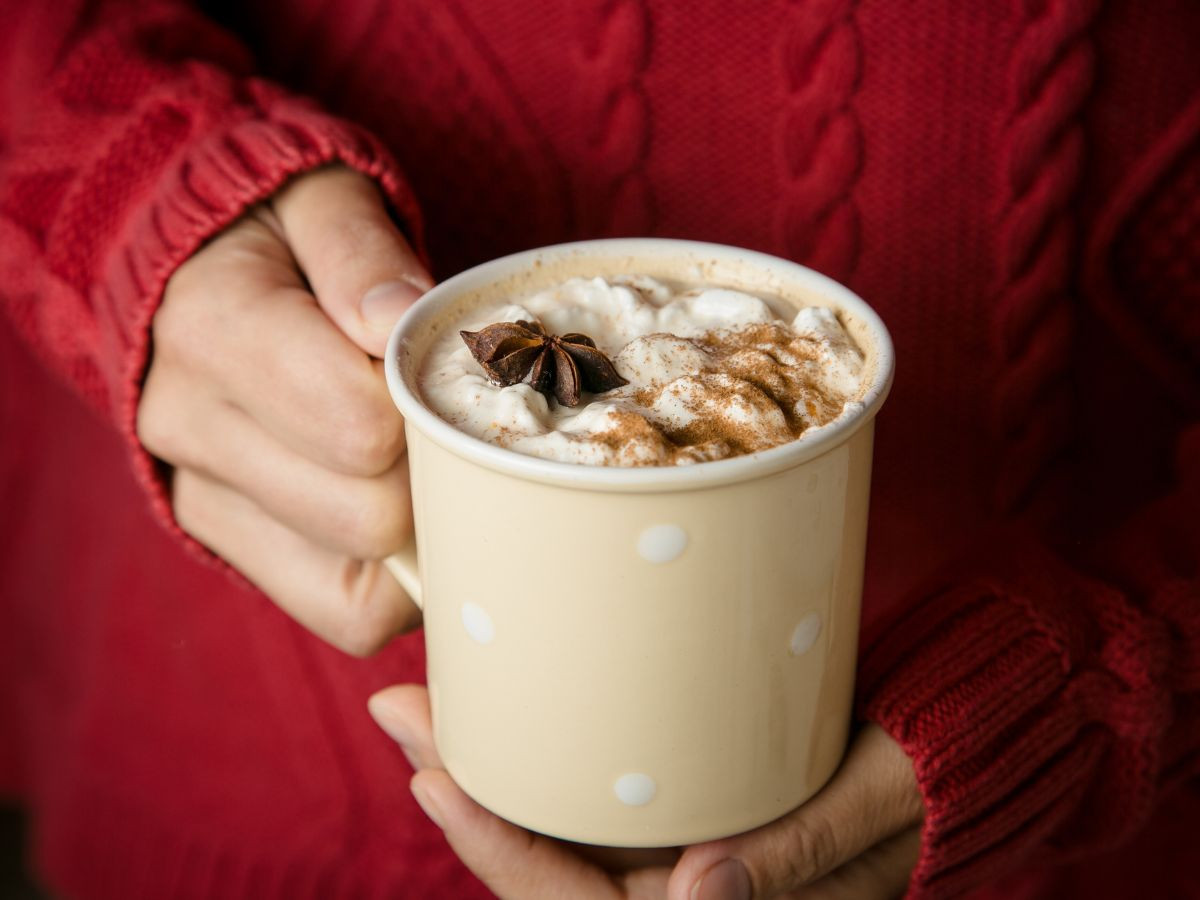
Gentler Caffeine Lift: Chai offers a more moderate caffeine boost than coffee, making it an excellent choice for those sensitive to caffeine or looking to reduce their intake without giving up their warm beverage ritual.
Flavor and Spice Benefits: Beyond caffeine, chai brings a unique blend of spices that contribute to its distinctive taste and offer various health benefits, such as improved digestion and anti-inflammatory properties.
Versatility: Chai can be enjoyed in many forms—hot, iced, as a tea, or a latte—allowing for variety in your routine that coffee might not offer.
Considerations for Switching to Chai
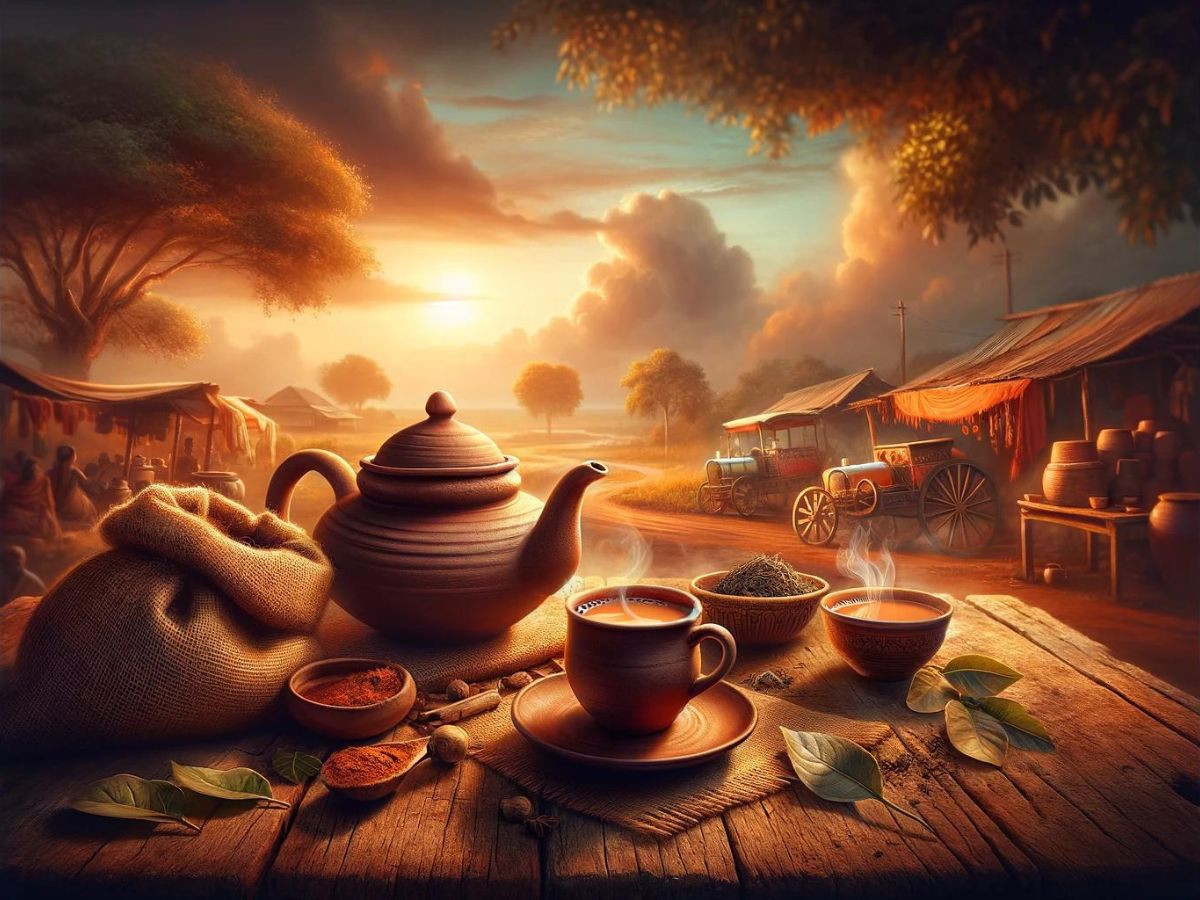
If you’re thinking about swapping your coffee for chai, consider the following:
Caffeine Adjustment: If you’re used to the high caffeine content of coffee, you might need to adjust your expectations. Chai provides a more subtle energy boost.
Flavor Profile: Chai’s complex spice profile differs from coffee’s deep, roasted flavor. It’s a change that delights some palates while others might need time to adapt.
Health Benefits: The spices in chai are not just for flavor; they bring many health benefits that coffee doesn’t offer, making chai a nutritious choice.
Final Thoughts
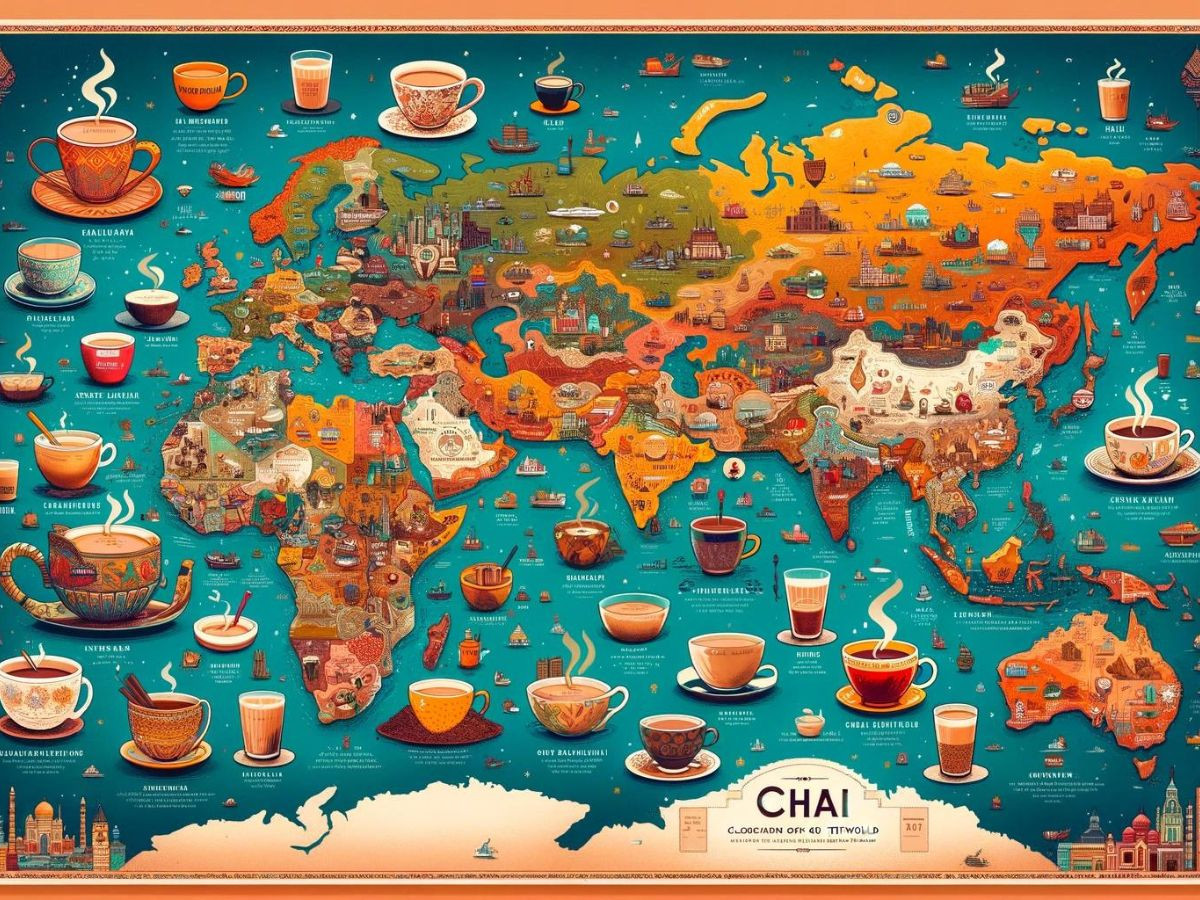
If you enjoy a less intense caffeine buzz and love the idea of sipping on something that tastes like a hug in a cup, chai might just be your new best friend. On the other hand, if you crave that strong caffeine kick to jumpstart your day, coffee might still be your go-to.
Conclusion:
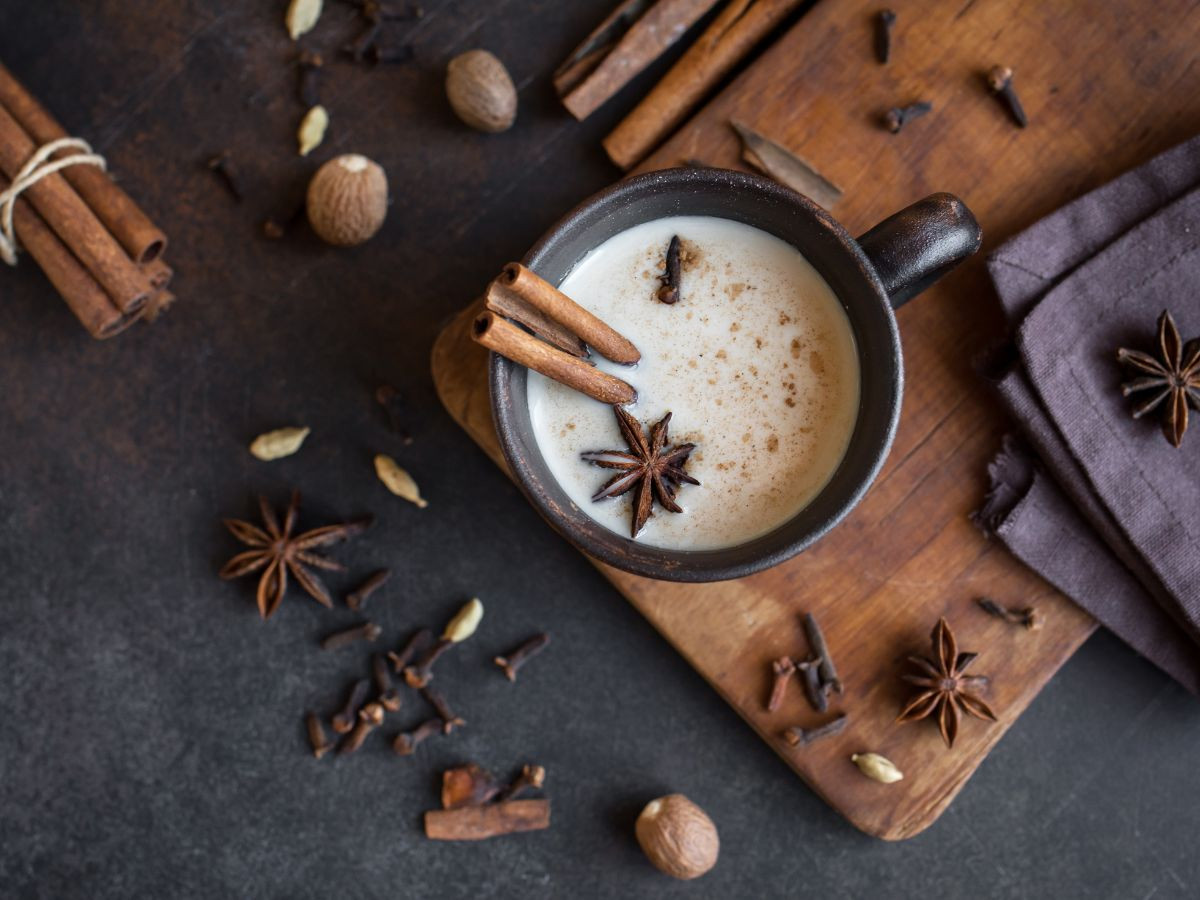
Whether you’re a die-hard chai enthusiast or a curious newcomer, knowing the caffeine levels in your favorite brew can help you make informed choices that suit your lifestyle. So pour yourself a cup of chai and savor every sip, knowing that a perfect balance of spice and caffeine awaits you.
From the aromatic blend of spices to the subtle kick of caffeine, chai offers a delightful drinking experience that’s both comforting and refreshing. Whether you prefer it as a traditional tea or a frothy latte, chai has something to offer everyone.
So the next time you need a pick-me-up, consider reaching for a cup of chai. Its unique flavor profile and moderate caffeine content make it the perfect beverage for any time of day.
FAQ and Additional Information:
Can chai be caffeine-free?
Yes, chai can be made naturally caffeine-free using herbal teas or caffeine-free alternatives instead of black tea. Traditional chai recipes typically include black tea leaves, which naturally contain caffeine.
Herbal Chai: Substitute black tea with caffeine-free herbal teas such as rooibos, peppermint, or chamomile. These herbal blends offer a flavorful base for chai while remaining caffeine-free.
Decaffeinated Black Tea: Opt for decaffeinated black tea as the base for your chai. Decaf black tea undergoes a process to remove most of the caffeine while retaining the rich flavor characteristics of black tea.
Caffeine-Free Chai Blends: Some brands offer pre-packaged chai blends specifically formulated to be caffeine-free. These blends typically contain a combination of spices and herbal ingredients, offering a similar taste experience to traditional chai without the caffeine.
DIY Chai Spices: Create your own caffeine-free chai blend by combining aromatic spices such as cinnamon, cardamom, cloves, and ginger with your choice of caffeine-free base, such as herbal tea or warm milk.
By using these caffeine-free alternatives, you can enjoy the delicious flavors of chai without the stimulating effects of caffeine, making it suitable for any time of day or individuals sensitive to caffeine.
Does chai tea have high caffeine?
One serving in powder form contains a minimum of 25 – 55 mg of caffeine, while 30 – 35 mg is concentrated. Compare this to the average coffee amount of roughly 130mg; if you want the most vibrant bag of beans, you can stick to coffee beans.
How much caffeine is in a chai latte compared to coffee?
A standard eight-ounce coffee carries between 20 and 25 grams of caffeine, while an 8-ounce coffee contains approximately 200 to 200 grams. A dirty chai latte containing espresso is about 13 grams per serving.
Will chai tea keep me awake?
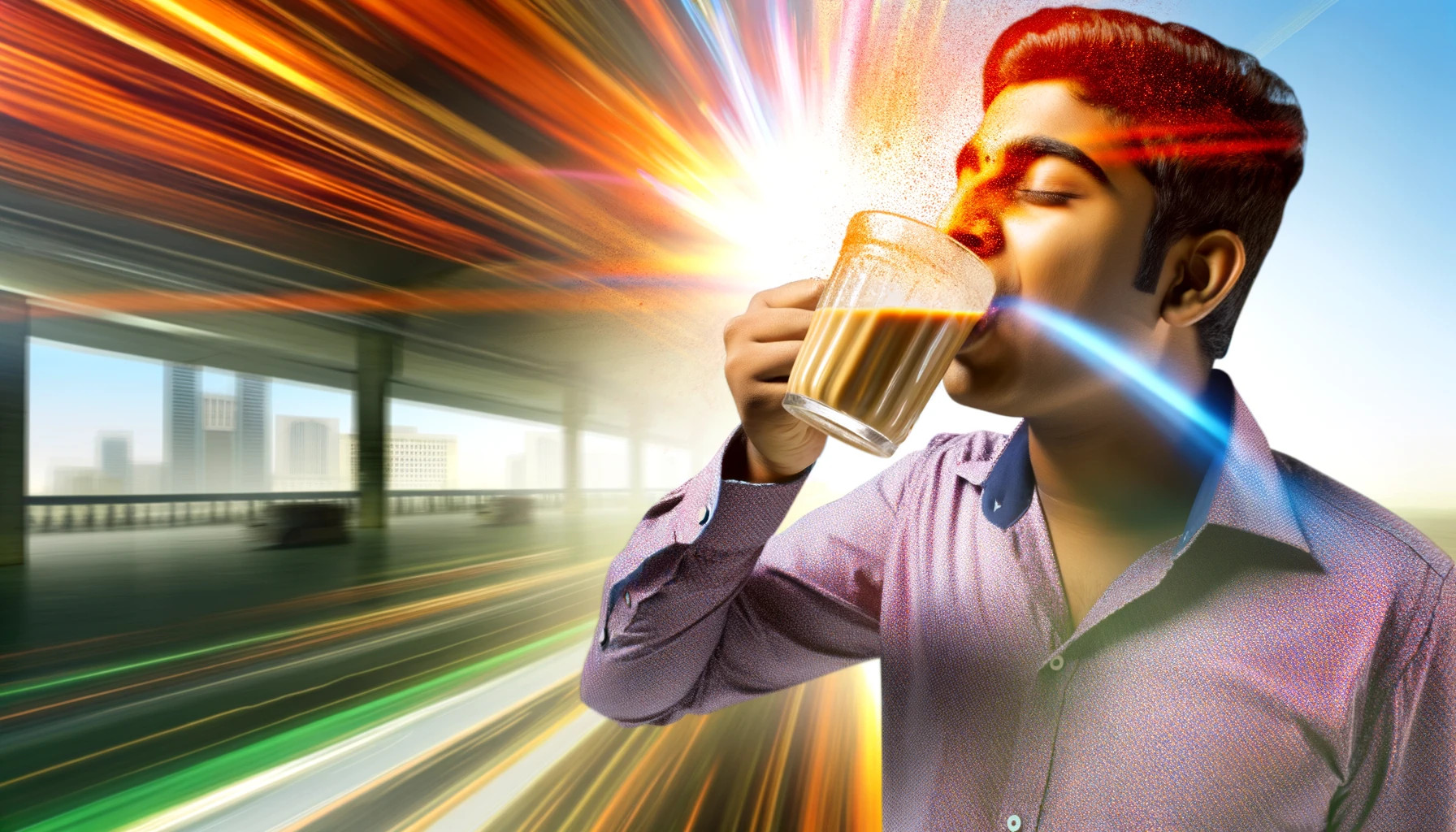
This will make you awake! This tea has caffeine content and can be an ideal choice when you need some extra motivation in the morning. Chai is caffeine because black tea leaves are naturally rich in caffeine.

